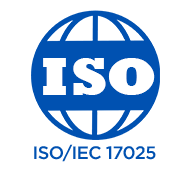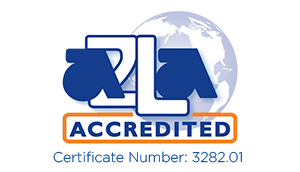Tag Archives: Implant Testing
Biological Material Testing
Biological material testing encompasses a wide range of testing of both natural and synthetic analogues of natural materials. Examples of natural materials are bones, tissues, fibers of animals and humans, as well as stems, branches and leaves of plants. For all practical purposes biological material, more specifically biological tissues, are broadly classified into soft and hard tissues. Hard tissues include bones, teeth, other skeletal and exoskeletal muscles from humans and animals as well as wood stem from plants. Mechanical properties such as bearing strength and flexure of hard tissues are generally required for assessment of implants in health care industries.
Capability – Touchstone Testing Lab has capability to evaluate mechanical performance of hard tissues and their synthetic analogues. We have test frames with load capability from a few milli-Newtons to several kilo-Newtons to assess bearing properties, flexure properties and hardness of hard tissues such as bone, plant stems, etc. We can run these tests under corrosive environments to assess the impact of biological fluids on the hard tissues.
Some relevant standards:
- ASTM F382 – Standard Specification and Test Method for Metallic Bone Plates
- ASTM F451 – Standard Specification for Acrylic Bone Cement
- ASTM F543 – Standard Specification and Test Methods for Metallic Medical Bone Screws
Product Testing
Product testing generally refers to testing finished products before being shipped to customer or consumer. It differs from material testing in that an additional aspect of product geometry, product surface, etc., their influence on the product performance is tested. Some well-known examples of product testing are automotive crash testing to assess crash worthiness of the… Continue Reading



Touchstone is committed to providing its customers with quality, reliable test results. That is why we have undertaken the rigorous steps needed to meet and secure the most stringent of test lab accreditations including ISO/IEC 17025, NADCAP 7101 (Materials Test Lab) and NADCAP 7122-I (Non-Metallics Materials Testing).
© 2024, Touchstone Testing Labs | Design by Wheelhouse Creative

